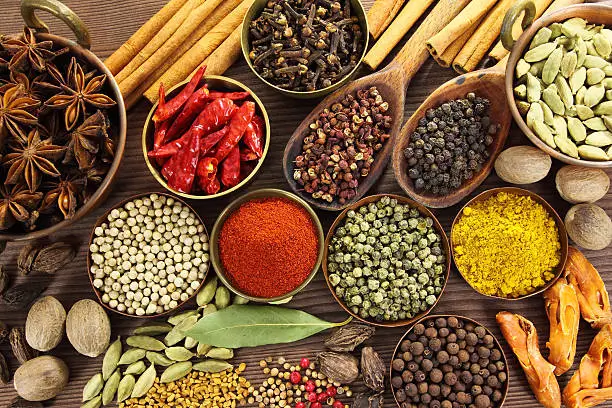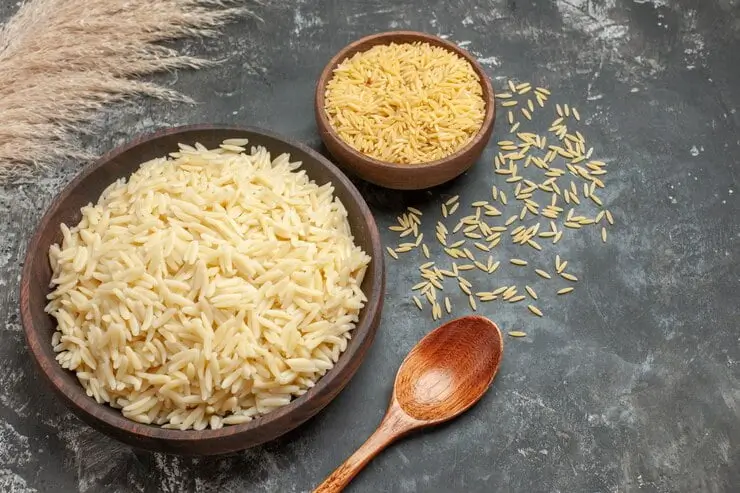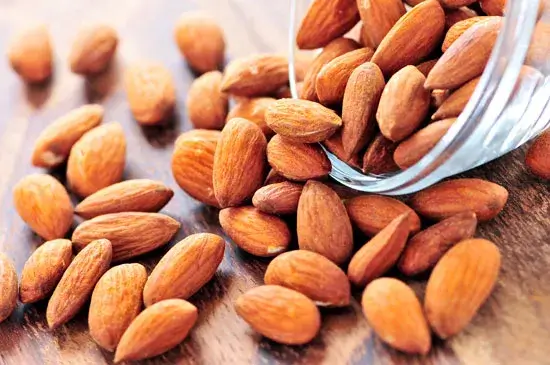Blogs
The Unsung Hero of the Kitchen: All About Onions / Blogs
The Unsung Hero of the Kitchen: All About Onions
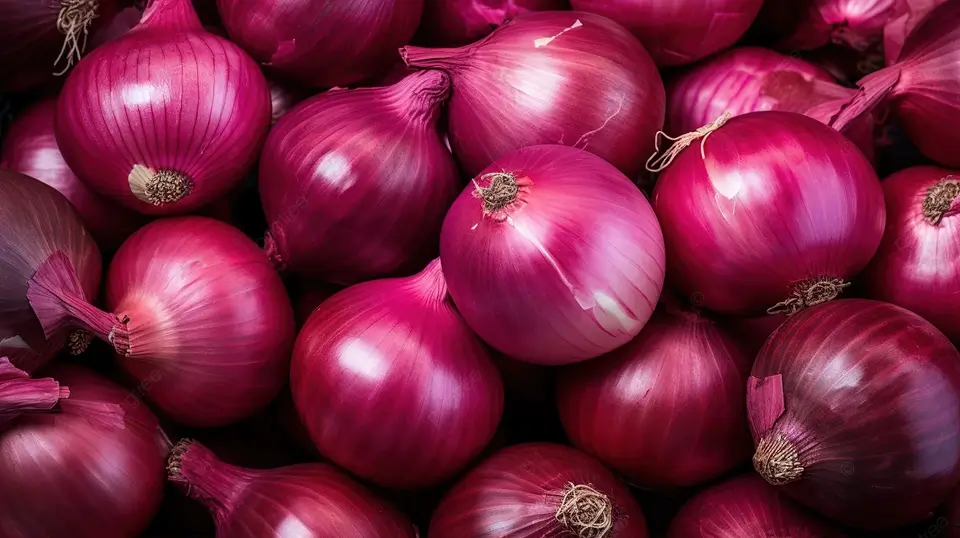
Onions are often considered the backbone of many culinary traditions around the world. From adding depth to soups and stews to being the star ingredient in salads and salsas, onions are versatile and essential in countless dishes. In this blog, we’ll explore the different types of onions, their culinary uses, health benefits, and tips for choosing and storing them.
A Closer Look at Onion Varieties
Onions come in various shapes, sizes, and colors, each bringing its unique flavor and culinary properties:
- Yellow Onions : The most commonly used onion, yellow onions are versatile and have a balanced flavor that sweetens when cooked. They're perfect for soups, stews, and caramelizing.
- Red Onions : With their vibrant color and slightly milder taste, red onions are often used raw in salads, sandwiches, and salsas. They add a pop of color and a touch of sweetness.
- White Onions : These onions have a sharper, more pungent flavor compared to yellow onions. They are frequently used in Mexican cuisine and are great for salsas and garnishes.
- Shallots : Often confused with small onions, shallots have a subtle flavor that is sweeter and more delicate. They are ideal for dressings and gourmet dishes.
- Green Onions (Scallions) : These young onions are harvested before the bulb fully develops. Both the white and green parts are edible and add a fresh, mild flavor to salads, soups, and stir-fries.
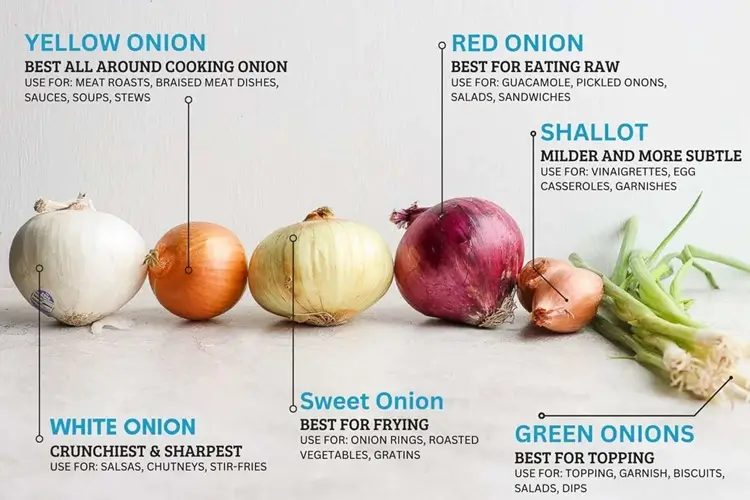
Culinary Uses of Onions
Onions are incredibly versatile and can be prepared in various ways:
- Raw : Sliced or chopped raw onions can add a crunchy texture and bold flavor to salads, sandwiches, and burgers.
- Sautéed : Cooking onions in oil or butter softens their texture and enhances their natural sweetness, making them a perfect base for many dishes.
- Caramelized : Slowly cooking onions until they turn golden brown brings out their natural sugars, creating a rich, sweet flavor ideal for tarts, burgers, and as a topping for steaks.
- Pickled : Quick-pickled onions can add a zesty tang to tacos, salads, and charcuterie boards.
- Soups and Stocks : Onions form the foundation for many soups and stocks, providing depth of flavor that enhances the overall dish.
Health Benefits of Onions
Beyond their culinary prowess, onions offer several health benefits:
- Rich in Antioxidants : Onions are packed with antioxidants, particularly quercetin, which can help fight inflammation and boost overall health.
- Heart Health : The compounds in onions may help reduce the risk of heart disease by lowering cholesterol levels and improving circulation.
- Digestive Health : Onions are a good source of dietary fiber, which aids digestion and promotes a healthy gut.
- Blood Sugar Regulation : Some studies suggest that onions may help improve insulin sensitivity and regulate blood sugar levels, making them a beneficial addition to a balanced diet.
Choosing and Storing Onions
When selecting onions, look for ones that are firm, heavy for their size, and free of soft spots or blemishes. Here are some tips for storage:
- Cool and Dry : Store onions in a cool, dry place with good air circulation. Avoid plastic bags, as they can trap moisture and lead to spoilage.
- Avoid Refrigeration : Whole onions do best outside the fridge. However, once cut, store them in an airtight container in the refrigerator to maintain freshness.
Onions may seem like a humble ingredient, but their impact on flavor and nutrition cannot be overstated. Whether you're using them to build the foundation of a hearty stew or adding a fresh crunch to a salad, onions are truly the unsung heroes of the kitchen. So the next time you chop an onion, remember that you’re not just preparing a dish; you’re embracing a culinary tradition that spans cultures and centuries!


